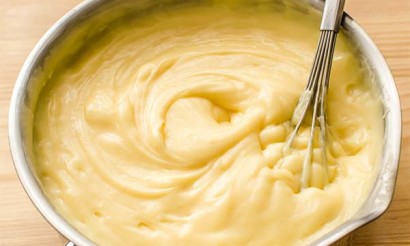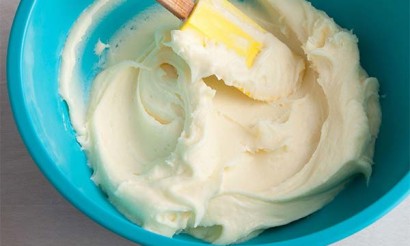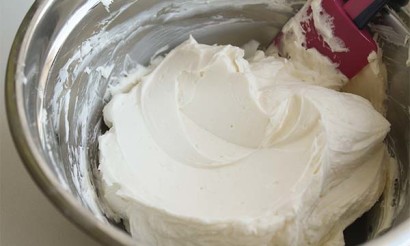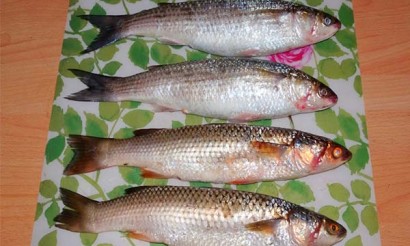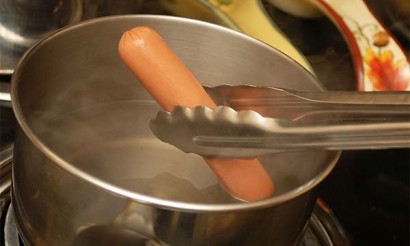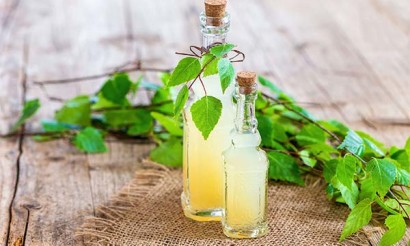What happens if you drink beer every day?
There is an opinion that it is possible to drink 2-3 bottles of beer per day without harm to the organism. In terms of alcohol level it is equal to 60 ml. of vodka. But the scary thing is something else. Gradually forms beer alcoholism in those who are predisposed to this turn of events due to heredity. Nothing good happens for the rest of us either. Yes, a drink brewed according to ancient recipes is really useful in small doses, but on the shelves of supermarkets and in medium-sized bars they offer carbonated concentrate, which is dominated by dyes, stabilizers, preservatives and flavor enhancers. It is unlikely that they will do any good. If we deal in detail with the effects of beer on the body, we get an interesting but quite controversial picture.
Composition and properties of beer

Of the good news - the natural beverage, if the recipe and production technology are followed, contains:
- vitamins B1 and B2;
- amino acids;
- potassium;
- magnesium;
- sodium;
- phosphorus;
- organic acids;
- antioxidants;
- The flavonoid xanthohumol, which inhibits the action of carcinogens.
The high content of simple sugars gives energy, but not for long. It is also known that the drink is able to reduce pain syndrome and suppress the reproduction of pathogenic microbes due to the alcohol content of the drink.
Some scientists in Finland and Switzerland claim that moderate consumption of beer reduces the risk of Alzheimer's disease, the likelihood of heart attack and kidney stones. Also the danger of fractures because of fragile bones decreases and the speed of thinking processes is maintained. Once again, it is worth emphasizing that we are talking about a natural product in therapeutic doses.
Harms and Restrictions on Use
Doctors in many countries agree that beer can be drunk, but not fanatically. Oktoberfest festival, perhaps, is one of the exceptions. But there the point is in the tasting of varieties and types. And since there are about 20,000 of them in 180 ways, it is almost unrealistic to go sober, as well as to observe the therapeutic doses.
This is where the insidiousness of the foamy drink lies. About 500 ml of good malt beer is considered safe in the absence of chronic diseases of the digestive organs and a tendency to form edema. A more impressive dose will lead to dehydration with the accumulation of intoxication, because beer has a diuretic effect. It turns out that the fluid goes away, but the alcoholic component remains. With the development of beer alcoholism, which is facilitated by daily libations, a series of failures in the body begins:
- the blood pressure rises;
- the burden on the liver and the risk of varicose veins increases;
- problems with memory and concentration begin.
It is worth noting: In the composition of the drink there are phytohormones. Neither men nor women need these hormones in excess. They cause early baldness, visceral fat accumulation and decrease of testosterone production intensity, which leads to problems in the intimate life of men and women. Ladies can begin to have hormonal imbalances, leading to an earlier onset of menopause and hair problems on the legs and above the upper lip.
Myths about beer
The foamy drink is considered one of the most ancient. According to the results of excavations it is proved that it was brewed by the Sumerians in Mesopotamia 3500 years BC. In Russia, the first mention of it dates back to the beginning of the 11th century. In Europe, which unjustly assigned itself the right to be called the home of beer, it has been brewed since the Bronze Age, around 1000 AD. In the Middle Ages the right to make it belonged only to monasteries, which jealously guarded their recipes, equating them to precious stones.
There are many superstitions, misconceptions and true facts about beer:
- Beer makes people fat in the same way that caloric foods are consumed in moderation and no more.
- Drinking beer on a daily basis is not safe and leads to alcoholism.
- Large quantities of beer are equally dangerous for men and women.
- The level of alcohol in the foamy drink is lower, but it is drunk in larger portions, so that intoxication occurs in the same way as with strong drinks.
- Non-alcoholic beer is dangerous for people suffering from cardiovascular diseases because of the high content of cobalt.
It is not necessary to go to extremes and refuse to drink beer completely. It's much better to remember that everything is good in moderation and to consume only high-quality natural beer in reasonable quantities, getting pleasure from it, rather than a mountain of problems.
«Important: all the information on this site is provided only for introductory purposes only. Consult with a specialist before applying any recommendations. specialist. Neither the editors nor the authors are liable for any possible harm caused by materials."

